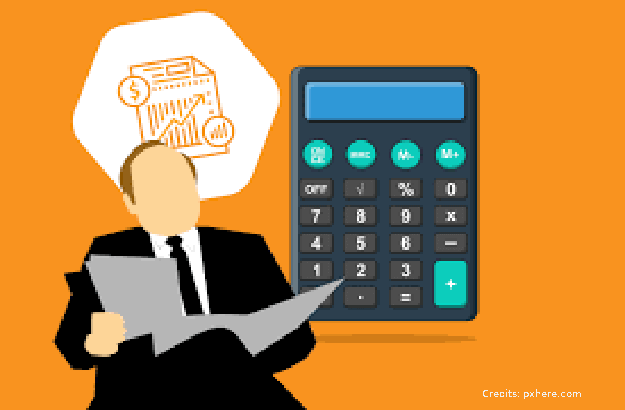Putting your business finances in order is paramount to your business success. Of the most importance is to acquire and apply knowledge to achieve clarity in your business finances.
How to do your bookkeeping
Accounting tools help your business to handle bookkeeping. If you do it manually, develop an efficient system. Then, follow it strictly, monitor the records and their results. One of the popular methods consists in recording your books at the time the transactions are performed. For example, when your business releases an invoice use the date on the invoice. Or when another organization requires a payment, consider the date for that transaction. Which is written on the invoice the organization sends to you. Make your business finances more efficient using a separate bank account.
Separate business account
For all your transactions related to your business, have a separate account. Your business finances are therefore separated from your personal. Easier to track, clearer for reporting. Check your financial institution where you already have a personal account for a good deal related to terms and costs of opening and maintaining an efficient business account, Keeping your business transactions separate is especially more efficient in the case of auditing. The government expects businesses to file tax regularly.
Your tax filing and business finances
You will not only file your business tax returns regularly, but also on time. As well-known, by not doing so, businesses incur penalties and excessive unwanted costs. A good accountant can help you understand your business tax obligations. Corporations need more filing and may report the GST/HST every quarter depending on the business income. Adding employees to your business, including yourself, makes the reporting more complex. Consequently, your business records should be in check at all times. Developing an expense tracking mechanism helps.
How to track your expenses
Keep business expenses separate from your personal. Get all receipts if possible. Categorize them in expense areas and keep receipts in separate folders. For example, business related meals and entertainment, travel, telephone. Others are office rent or mortgage, and related utilities. If you have a home office, deduct a percentage from your home rent or mortgage and similar related utilities. Include computer, internet and software expenses, and other tools and equipment.
Following the mentioned methods for business finances regularly and with accuracy will give a boost to your business success.

